Power your portfolio with the profits of China’s electric-vehicle makers
A professional investor tells us where he’d put his money. This week: Ewan Markson-Brown of the CRUX Asia ex-Japan Fund highlights three favourites.


Get the latest financial news, insights and expert analysis from our award-winning MoneyWeek team, to help you understand what really matters when it comes to your finances.
You are now subscribed
Your newsletter sign-up was successful
Want to add more newsletters?

Twice daily
MoneyWeek
Get the latest financial news, insights and expert analysis from our award-winning MoneyWeek team, to help you understand what really matters when it comes to your finances.

Four times a week
Look After My Bills
Sign up to our free money-saving newsletter, filled with the latest news and expert advice to help you find the best tips and deals for managing your bills. Start saving today!
The CRUX Asia ex-Japan Fund aims to find the highest-growth companies in the region by identifying opportunities in the market before the mainstream becomes alert to their potential, and holding them for three to five years through their early and mid-growth phases.
We look for companies on course to generate revenue growth of 15% per annum, irrespective of size. This often means we are positioning the fund to benefit from technological disruption. We do not buy blindly into an idea. Our strategy is to marry conviction in a theme with a thorough bottom-up approach: is management top-quality? Does the company have an edge via intellectual property or a process that is hard to replicate? And, critically, does it have adequate capital to deliver? One area where we have high conviction for growth potential is the electric-vehicle (EV) industry in China. These are the three Chinese EV carmakers we think are best positioned and can grow market share.
Drawing comparison with Tesla
Firstly, the dragon in the room: BYD (Hong Kong: 1211). Weighing in at $95bn market cap and selling for 12.5 times forecast 2025 earnings, BYD is notable for being early to EVs, and for gaining early support from Berkshire Hathaway’s Warren Buffett.
MoneyWeek
Subscribe to MoneyWeek today and get your first six magazine issues absolutely FREE

Sign up to Money Morning
Don't miss the latest investment and personal finances news, market analysis, plus money-saving tips with our free twice-daily newsletter
Don't miss the latest investment and personal finances news, market analysis, plus money-saving tips with our free twice-daily newsletter
With 1.87 million EV vehicles delivered last year, BYD has sparked furious debate as to how comparable it is to Tesla, which produced 1.31 million pure electric-battery vehicles. Besides scale, BYD’s biggest advantage is being highly integrated – it also makes the batteries and many of the electronic parts that go into their cars.
Then there is the worldly old-hand, Geely Automobile Holdings (Hong Kong: 175). Geely Auto, its parent Zhejiang Geely, or its owner/operator Li Shufu either owns or holds long-time stakes in British, European and Asian carmakers.
The most recognisable is the London Electric Vehicle Company, which makes the iconic London black cabs. Geely also owns Volvo Car, Polestar and Lynk & Co, and has stakes in Aston Martin, Proton and Lotus. Though well- established abroad, Geely sells many more cars at home.
This $13bn market cap firm’s domestic EV offerings are thoughtful and well targeted; we expect Geely to re-rate eventually as an EV carmaker, from the legacy carmaker valuation it has now. Geely is on a 2025 price/earnings (p/e) ratio of 9.1.
Young upstart will roar ahead
Finally, the young upstart – Li Auto (Hong Kong: 2015). We think this $25bn market cap company, established in 2015, has the highest risk/reward profile of the new Chinese EV carmakers and is the most comparable to an early Tesla.
Li Auto’s focus should allow it to dominate its niche in family sport-utility vehicles (SUVs), which are bigger cars that borrow design elements from heavier duty off-road vehicles. It is concentrating its manpower, engineering and manufacturing into a simple product offering with a lower price point and a higher-value proposition than competitors, which we believe will enable it to gain market share from established (and perhaps more complacent) brands. Li Auto is trading at 21 times forecast 2025 profits.
Get the latest financial news, insights and expert analysis from our award-winning MoneyWeek team, to help you understand what really matters when it comes to your finances.
Nic studied for a BA in journalism at Cardiff University, and has an MA in magazine journalism from City University. She has previously worked for MoneyWeek.
-
 Should you buy an active ETF?
Should you buy an active ETF?ETFs are often mischaracterised as passive products, but they can be a convenient way to add active management to your portfolio
-
 Power up your pension before 5 April – easy ways to save before the tax year end
Power up your pension before 5 April – easy ways to save before the tax year endWith the end of the tax year looming, pension savers currently have a window to review and maximise what’s going into their retirement funds – we look at how
-
 Key lessons from the MoneyWeek Wealth Summit 2025: focus on safety, value and growth
Key lessons from the MoneyWeek Wealth Summit 2025: focus on safety, value and growthOur annual MoneyWeek Wealth Summit featured a wide array of experts and ideas, and celebrated 25 years of MoneyWeek
-
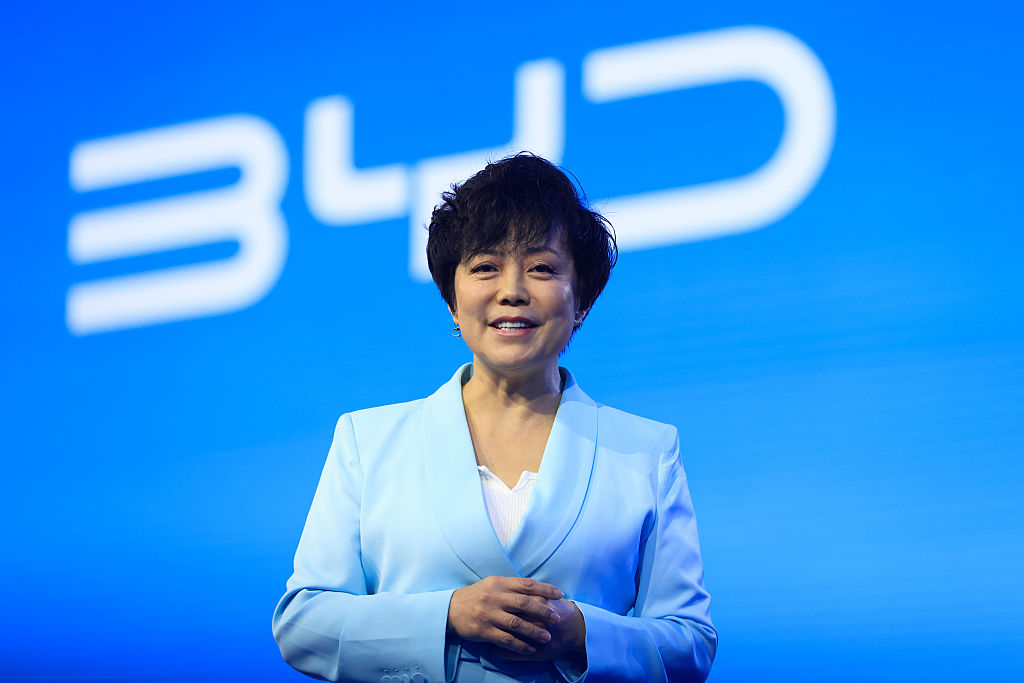 The Stella Show is still on the road – can Stella Li keep it that way?
The Stella Show is still on the road – can Stella Li keep it that way?Stella Li is the globe-trotting ambassador for Chinese electric-car company BYD, which has grown into a world leader. Can she keep the motor running?
-
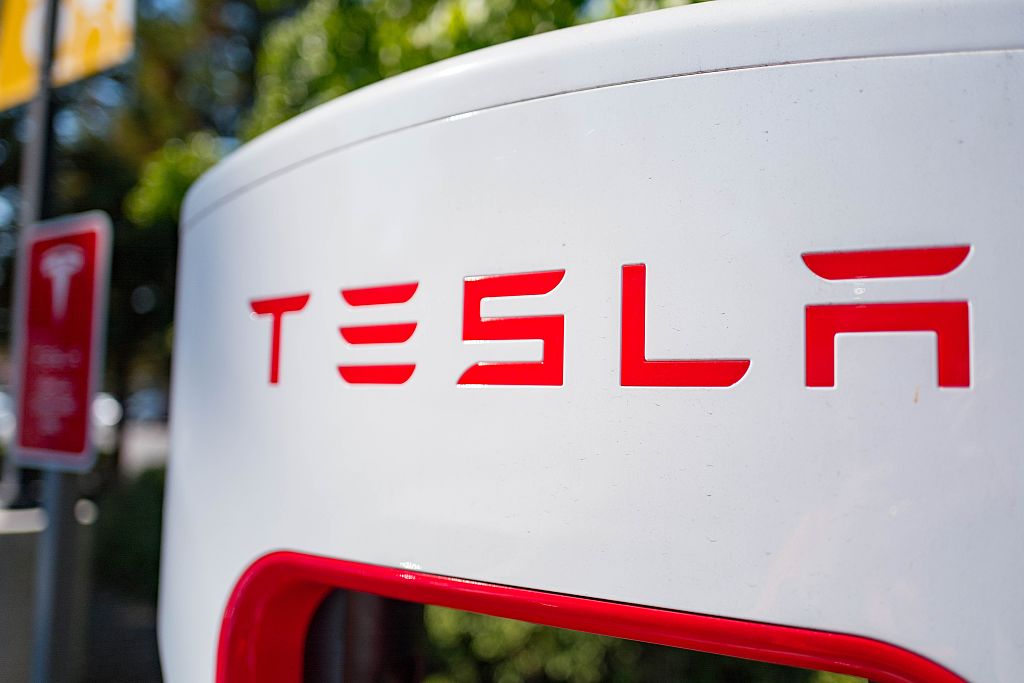 Tesla seeks approval to supply electricity to UK homes – could it disrupt the energy market?
Tesla seeks approval to supply electricity to UK homes – could it disrupt the energy market?Tesla has applied for a license to supply UK households with electricity, but taking on the biggest providers could prove challenging
-
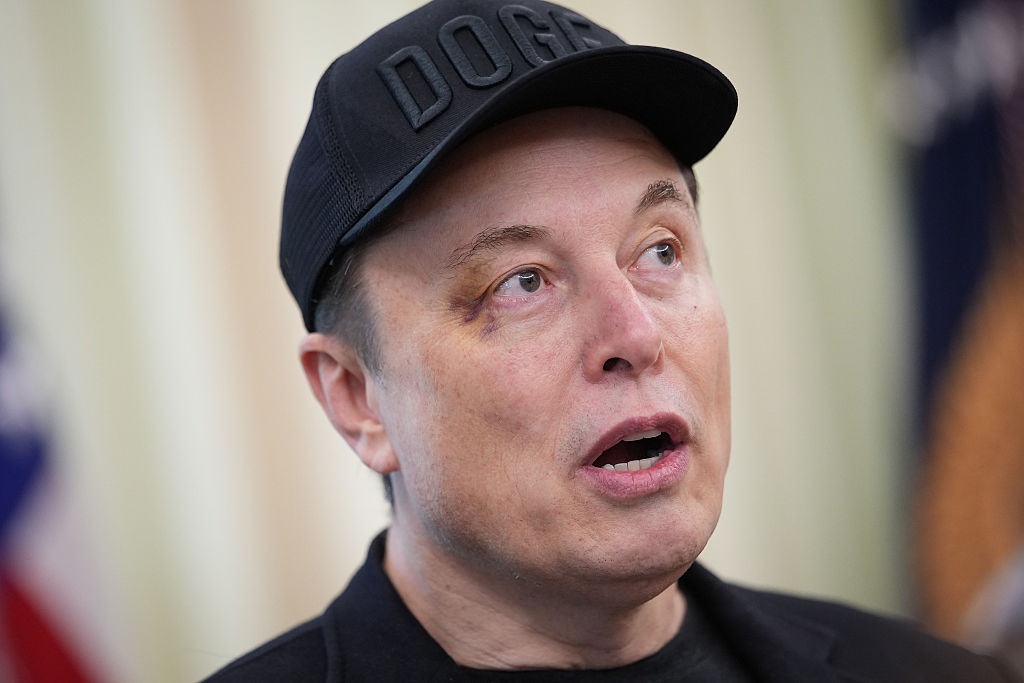 Tesla shares slump over Trump/Musk feud
Tesla shares slump over Trump/Musk feudA war of words has sent Tesla shares spiralling to the company’s largest single-day value decline in history
-
 Investing in the energy sector – is the reward worth the risks?
Investing in the energy sector – is the reward worth the risks?The energy sector used to offer predictable returns, but now you need to tread carefully. Is the risk worth it?
-
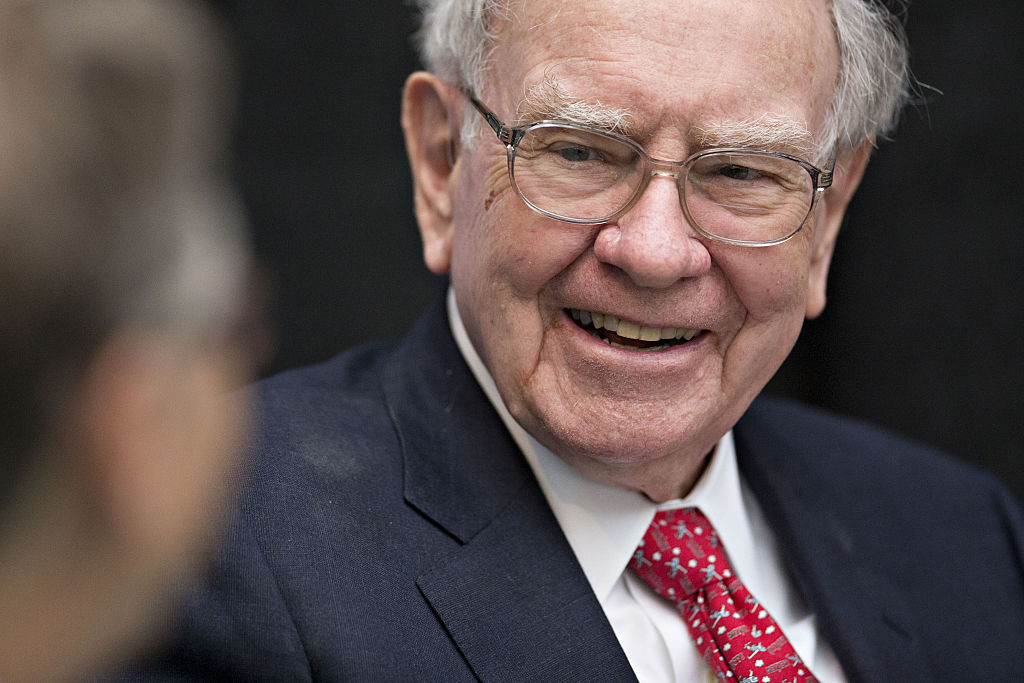 How to beat Warren Buffett – and the fund and trusts that have managed it
How to beat Warren Buffett – and the fund and trusts that have managed itWarren Buffett has achieved stellar returns for investors over a long and illustrious career. Can you rival his investment performance?
-
 Tesla is no longer the world’s largest electric car maker. Should you invest?
Tesla is no longer the world’s largest electric car maker. Should you invest?Investors need to weigh up the potential of Tesla’s autonomous technology drive against struggles in its core carmaking business when deciding whether or not to invest
-
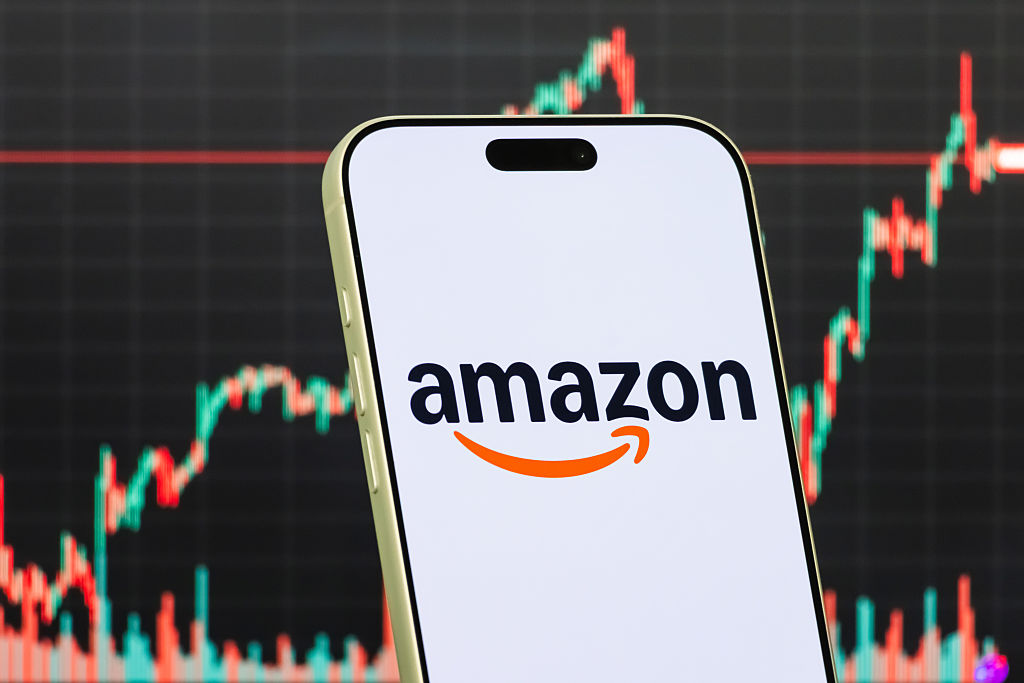 Amazon shares fall on profitability concerns
Amazon shares fall on profitability concernsA big increase in capital spending plans compounded an earnings miss for Amazon following its Q4 results
